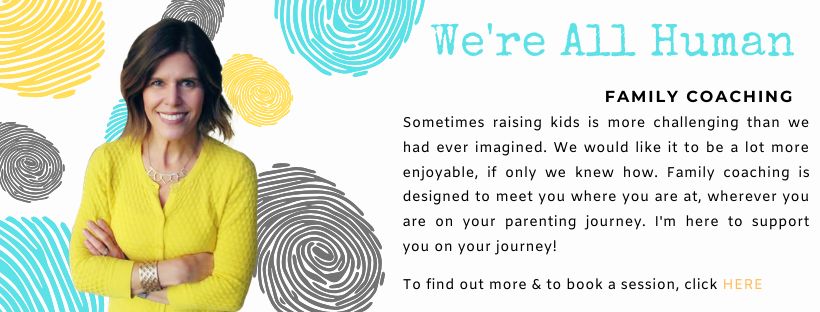Lying in children often catches parents off guard. It can feel deeply personal or even alarming, but it’s actually a common, developmentally appropriate behavior. Children are learning how to navigate complex social rules, manage emotions, and express themselves—and sometimes that journey includes dishonesty.
Instead of treating lying as a sign of bad character, it’s more helpful to see it as a skill—one that kids are still learning to use wisely. Here's a look at why kids lie and what you can do to help them grow into honest, emotionally intelligent individuals.
Why Do Kids Lie?
1. To Avoid Punishment
When children fear consequences, especially harsh or shame-based ones, lying can feel like a form of self-protection. If they believe telling the truth will bring anger or disappointment, they may choose dishonesty as a safer route.
2. To Gain Approval
Some children stretch the truth to impress others or fit in. This kind of lying is often tied to self-esteem or a desire to be liked, especially in social settings.
3. To Test Boundaries
As kids grow, they naturally push limits to see how the world works and how adults respond. Lying can be part of this testing process.
4. As Part of Imaginative Play
Younger children (especially under age 6) may "lie" in ways that aren’t deceptive but imaginative. Telling you they flew with a dragon or have magical powers isn’t meant to mislead—they’re exploring storytelling and creativity.
5. Due to a Lack of Communication Skills
Children often lack the emotional vocabulary or tools to express what they’re truly feeling. Sometimes, lying is a stand-in for a more complicated truth they don’t yet know how to say.
What You Can Do as a Parent
1. Stay Calm
When your child lies, your first response matters. Reacting with anger, sarcasm, or punishment can push them further into dishonesty. Staying calm helps preserve your connection and teaches them that honesty is safe.
Try saying: “Thanks for telling me the truth. That must have been hard to do.”
This reinforces that honesty—no matter how messy—is valued more than perfection.
2. Validate and Understand
Instead of jumping straight into consequences, start with curiosity: “I wonder what made it hard to tell the truth here?”
When kids lie, there's usually an underlying reason—fear, insecurity, confusion. Validating their feelings doesn’t mean condoning the lie; it means you’re creating a space where the truth is safe and welcome.
3. Model Honesty
Children are always watching. If you fib to get out of obligations or avoid embarrassment, they notice. Modeling honesty in everyday situations—like admitting when you're late or when you made a mistake—shows them that being truthful is safe and human.
You might say: “I messed up today. I told someone I finished something, but I didn’t. I’m going to fix it now.”
4. Teach, Don’t Shame
Shaming children for lying ("Why would you do that?!" or "I can't believe you lied to me!") may temporarily stop the behavior, but it can harm your relationship and lead to more secrecy in the long run.
Instead, focus on helping them learn. Ask:
“What do you think we could do differently next time?”
“How can we make this right together?”
This helps your child feel supported, not condemned, and builds their problem-solving and empathy skills.
5. Focus on Solutions
Rather than punishing dishonesty, guide your child toward repair and responsibility. This might mean apologizing, fixing a broken item, or simply acknowledging the truth.
For example: “You told me you brushed your teeth, but the toothbrush is dry. Let's go do it together now.”
When kids are given the chance to make amends without being shamed, they learn that mistakes can be part of growth, not something to hide.
What Honesty Really Looks Like
Honesty is a value that thrives in an environment of emotional safety. If children feel that they can be truthful without being attacked or humiliated, they’ll be far more likely to tell the truth—even when it’s hard.
The goal isn’t raising a child who never lies—that’s not realistic. The goal is to raise a child who values truthfulness, understands why it matters, and trusts you enough to be honest, even when it’s uncomfortable.
By meeting lies with curiosity, connection, and calm, you’re not just correcting behavior—you’re laying the foundation for a trusting, lifelong relationship.
LEARN MORE HERE




